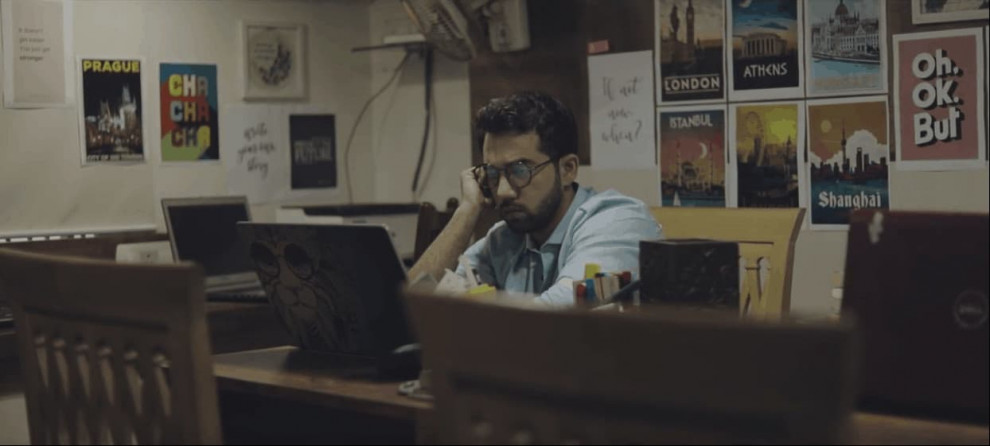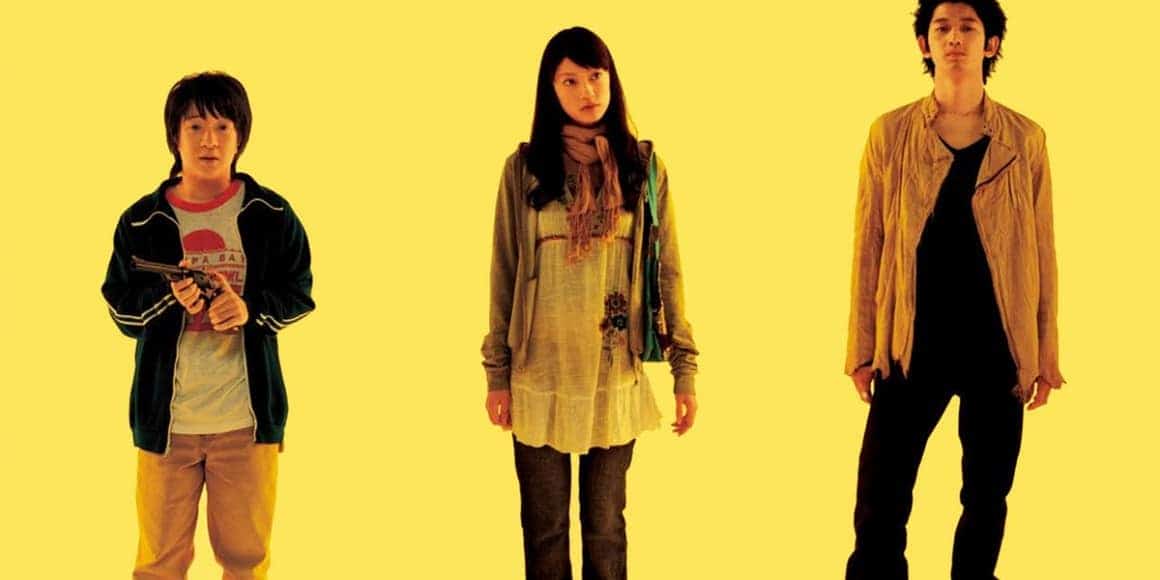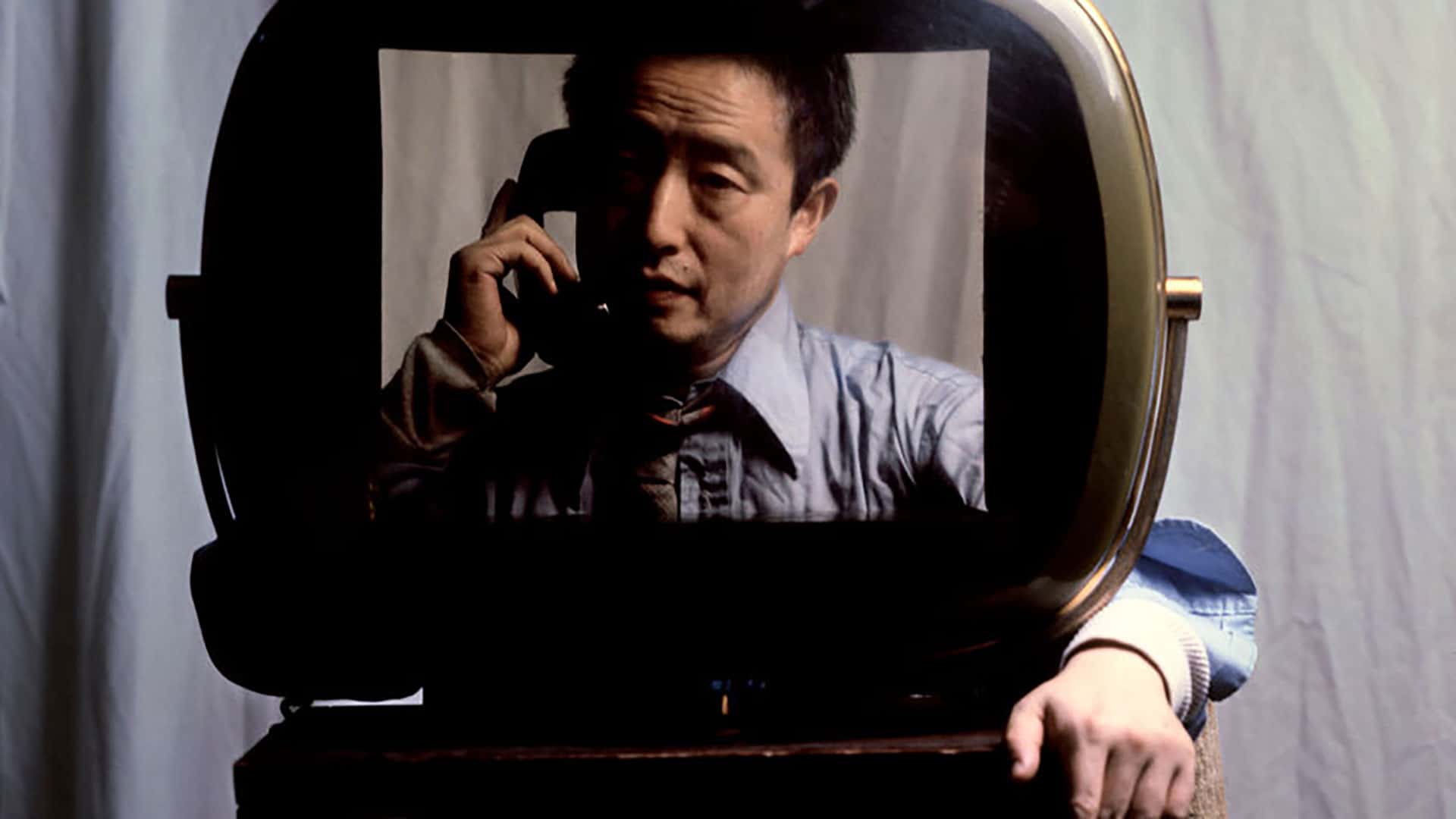An editor for a publication that collects short stories receives a submission which exceeds the word limit. In spite of this, the editor finds himself profoundly drawn to the submission and fights to get the work published in segments. With the request granted. the man reaches out to the female author, who responds with her deepest thanks and confesses that she was planning on killing herself if her work was not accepted. This causes the editor to spin into doubt as he fears that any rejection he sends could spell doom for other aspiring authors. The tension of his work mounts and panic sets in when he does not hear back from the author, pushing him to track her down to ensure her safety.
“Mail” sees the most success in its narrative, turning a simple drama into an engaging mystery. Given the minimal approach to the production, which plays out mostly in smaller spaces, the short manages to add depth through introspective dialogue. From the opening scene, the editor's interactions with his boss/girlfriend and his drive to publish something he is passionate about begins to build a charter profile that is only deepened with each interaction. This allows the lead's decline inward and sense of doubt to manifest in an organic way, which is often difficult to establish within a short run time. To cap off the film, the conclusion offers up an intriguing twist which is bound to catch viewers by surprise. Admittedly, the narrative and genre switch is slightly jarring in its transition, but becomes complimentary through strong composition of the protagonists persona.

On a technical level, the film does an adequate job of crating visuals and soundscape. A complimentary score and good use of framing and location work help heighten the story, although all these elements stand out as serviceable to the plot and not exceptional. The performances mimic a similar sentiment, although the strength of the script does help garner intrigue in the actors. Overall, the production is well constructed and shows an attentive eye to certain details, but lacks the ability to leave a memorable impression. However, off the accomplishments of the script the lack of visual ‘oomph' can be glossed over.
“Mail” is a wonderfully crafted drama with a strong, unpredictable conclusion. Perhaps the most refreshing take away from this short film is the proper handling of mental health issues. The production has a tone of empathy and compassion towards those suffering. Ultimately, the approach to such issues creates a strong foundation, which heightens the production beyond any shortcomings in execution (of which there are few). Director Samman Roy has crafted an ideal short film, making him a talent to watch out for.















